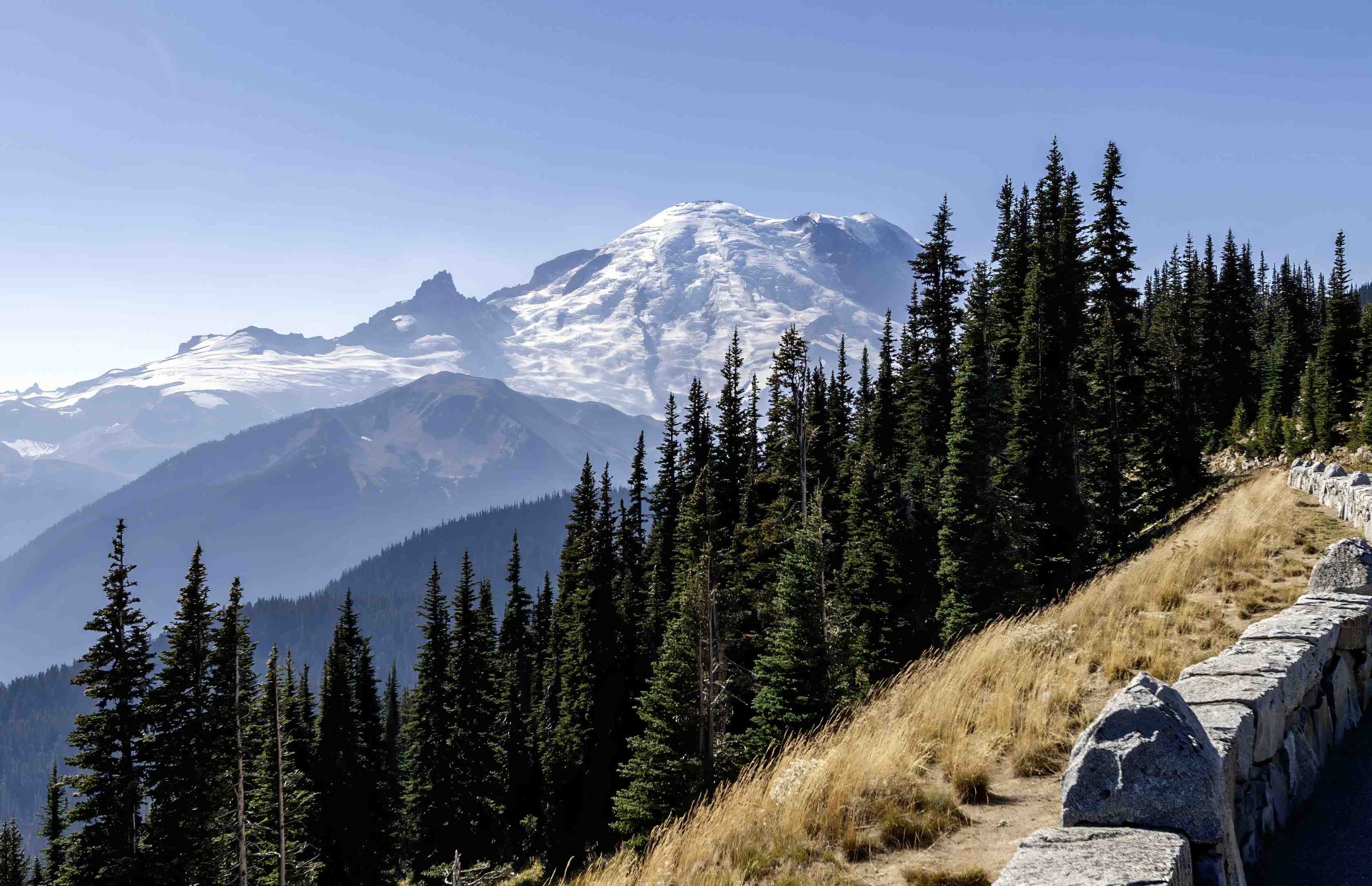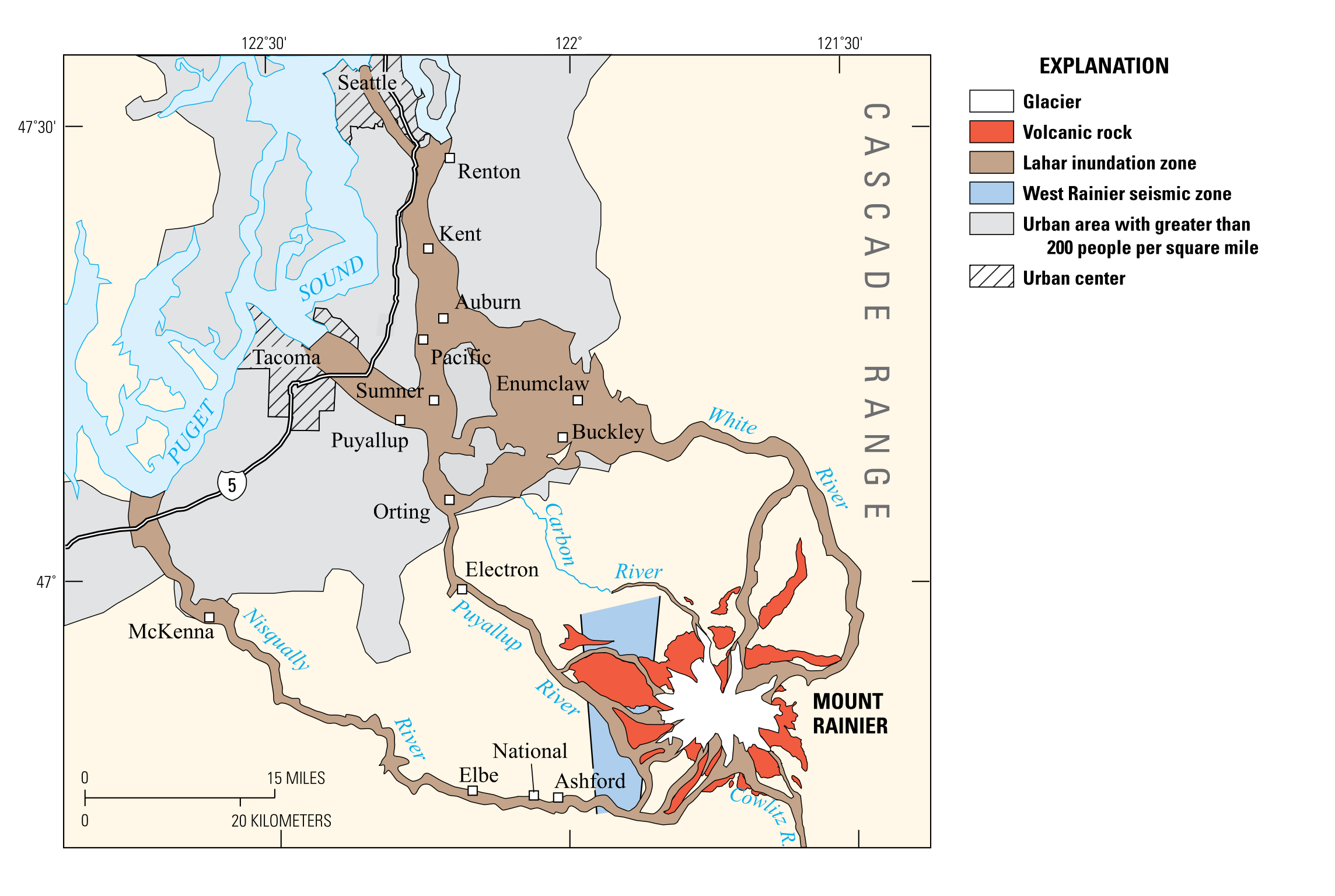The Goat Rocks Wilderness, nestled between Mount Rainier and Mount Adams in southwestern Washington, offers a stunning array of hiking opportunities. This pristine wilderness area features diverse landscapes, from lush forests to alpine meadows and rugged peaks. Hikers can enjoy breathtaking views of Mount Rainier, Mount Adams, and Mount St. Helens while exploring the numerous trails that wind through this spectacular region. The area is known for its abundant wildlife, including mountain goats, and its challenging yet rewarding hiking routes.
What Makes Goat Rocks Mount Rainier Unique?

Goat Rocks Mount Rainier stands out for its exceptional beauty and diverse ecosystems. The area offers:
- Stunning views of three major Cascade volcanoes
- Diverse hiking trails suitable for various skill levels
- Abundant wildlife viewing opportunities
- Alpine meadows filled with vibrant wildflowers
- Pristine lakes and streams
- Challenging rock formations for experienced climbers
What Are the Best Hiking Routes in Goat Rocks Mount Rainier?

The Goat Rocks Wilderness offers several exceptional hiking routes. Here are some of the most popular:
- Goat Ridge Loop – Snowgrass Flat Loop
- Distance: 12-20 miles
- Elevation gain: 2,700-5,000 feet
- Difficulty: Moderate to Hard
-
Highlights: Pacific Crest Trail sections, views of Mount Rainier, Mount Adams, and Mount St. Helens
-
Bear Creek Mountain Trail
- Distance: 7.0 miles roundtrip
- Elevation gain: 1,237 feet
- Highest point: 7,337 feet
-
Highlights: Old lookout site, 360-degree views, wildflower meadows
-
Goat Lake Trail
- Distance: 12.0 miles roundtrip
- Elevation gain: 2,000 feet
- Highest point: 6,600 feet
-
Highlights: Thick forests, meadows, Goat Lake
-
Pacific Crest Trail (PCT) within Goat Rocks Wilderness
- Distance: 31.1 miles (within the wilderness)
- Highlights: Old Snowy Mountain, glaciers, diverse landscapes
How to Plan Your Goat Rocks Mount Rainier Hiking Trip?
Planning a successful hiking trip to Goat Rocks Mount Rainier requires careful preparation. Consider the following steps:
- Choose the right trail based on your skill level and time constraints
- Check current weather conditions and trail reports
- Obtain necessary permits and passes
- Pack appropriate gear, including layers for changing weather
- Bring sufficient water and food
- Inform someone of your hiking plans
- Follow Leave No Trace principles
What Are the Camping Options in Goat Rocks Mount Rainier?
While there are no developed campgrounds within the Goat Rocks Wilderness, backcountry camping is available. Here’s what you need to know:
- Campsites are typically found near trailheads, lakes, and meadows
- Popular spots include areas near Goat Ridge Lookout and Hawkeye Point
- Self-issue wilderness permits are required for overnight stays (free)
- No reservations are needed; camping is first-come, first-served
- Some trailheads require a valid recreation pass
What Wildlife Can Be Seen in Goat Rocks Mount Rainier?
The Goat Rocks Wilderness is home to diverse wildlife. Visitors may encounter:
- Mountain goats
- Pikas
- Marmots
- Deer
- Elk
For the best wildlife viewing opportunities:
- Visit during summer and early fall
- Hike during early morning or late afternoon
- Bring binoculars for distant viewing
- Maintain a safe distance from all wildlife
- Never feed wild animals
What Are the Accessibility Considerations for Goat Rocks Mount Rainier?
When planning your trip to Goat Rocks Mount Rainier, keep these accessibility factors in mind:
- Trailhead Access:
- Conrad Meadows
- Scatter Creek – Nac
- Section 3 Lake
- Round Mountain
-
Pacific Crest Trail at White Pass
-
Transportation:
- Limited public transportation options
-
Most visitors drive to trailheads
-
Seasonal Conditions:
- Heavy snowfall (over 25 feet annually)
- Best hiking season: July to October
- Peak season: July and August
| Season | Trail Conditions | Accessibility |
|---|---|---|
| Winter | Heavy snow | Limited |
| Spring | Snowmelt, muddy | Improving |
| Summer | Dry, clear | Excellent |
| Fall | Variable | Good |
How to Prepare for Changing Weather in Goat Rocks Mount Rainier?
Weather in the Goat Rocks Wilderness can be unpredictable. Follow these tips to stay safe:
- Check weather forecasts before your trip
- Pack layers for warmth and rain protection
- Bring sun protection (even on cloudy days)
- Carry extra food and water
- Be prepared to turn back if conditions worsen
- Know the signs of hypothermia and heat exhaustion
By following these guidelines and respecting the wilderness, you can have a safe and memorable experience exploring the beautiful Goat Rocks Mount Rainier area.
References:
1. https://www.fs.usda.gov/recarea/okawen/recarea/?recid=79425
2. https://www.wta.org/go-outside/seasonal-hikes/summer-destinations/explore-the-goat-rocks-wilderness
3. https://www.fs.usda.gov/recarea/giffordpinchot/recarea/?recid=79414
